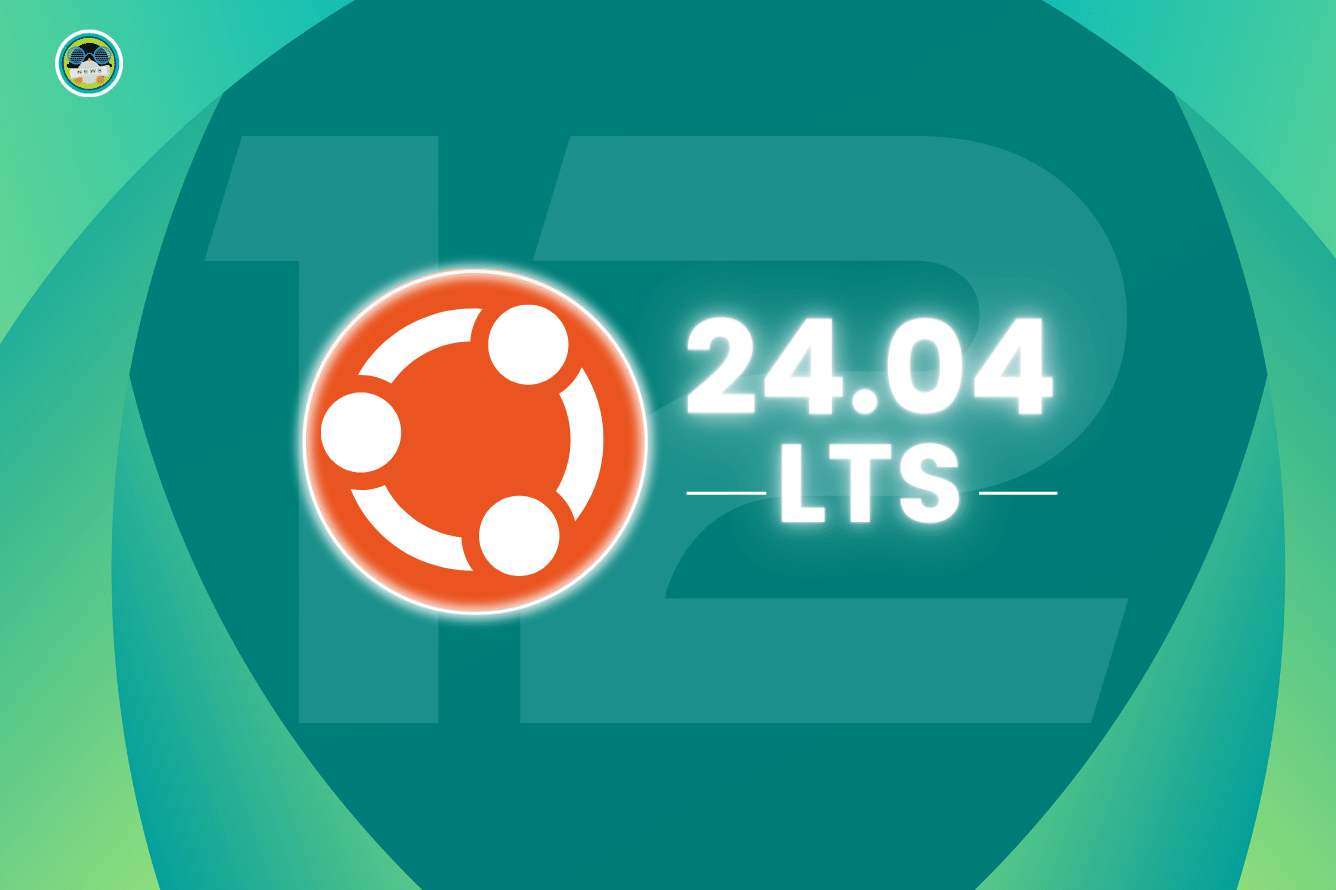Laugh at or complain about Ubuntu all you wish… but this type of effort really puts Linux as a compelling competitor to Windows for enterprise desktop users. Rather than paying for the Windows software license and then Microsoft or 3rd party support for the OS on top, the fees would be for dedicated operating system and package support against criticial vulnerabilities. Wouldn’t a business rather have something that “just works as it is” over the long term, rather than something that leaves sysadmins holding their breath every Patch Tuesday with Microsoft randomly shoehorning in “features” here and there that have to be shutoff in GP editor?
More people using Ubuntu means more will be comfortable switching away from mac/Windows. Plus the free software components benefit from having a dedicated team securely supporting the packages over the long term.
The longstanding issue that remains is all the industry-specialized software either crappily-coded or riddled with DRMs and whatnot don’t support Linux well yet.
This is valid for end users too. Ubuntu Pro is free for up to 5 machines. People can install 22.04 and stay on it for 10 years or 24.04 for 12 years. That’s the kind of boring stable desktop operation that only Windows XP has managed to muster and people loved it. It’s perfect for the kind of folks who hate having to do major OS upgrades, as well as people who support others for free. Cough … family IT … cough. You bet your ass the family members I support would stay on 22.04 for a looong time!
I wonder how angry will the maintainers be in 2036:
aaaa, why do we have to support this ancient release, why did we promise 12 years of support
That’s how you get successful, do something others don’t
Humorously, in 12 years we can say “well, it still works on Ubuntu” 🤷♂️
Not a problem. Ship the component as a snap instead. 😊
So next LTS might have to be resilient to the 2038 bug (32 bit signed timestamps overflow). I wonder how many softwares are vulnerable 🤔
Ubuntu is already immune to the 2038 bug. The Linux kernel even supports using a 64 bit time_t on 32 bit systems now. Of course some poorly written software could still be affected, but that’s not the fault of the kernel or operating system.
The 2038 bug will certainly cause problems in some embedded systems that still use a 32 bit time_t if they are still running by then.
Software also looks at future dates, so the problem is actually going to start to occur much sooner. The kernel will be fine, it’s all the other random software floating out there that you should worry about. A lot of in-house calendar and booking software is probably going to start to blow up soon.
meanwhile windows 10 is already off the update cycle
Their long-term support variant (called LTSC) is supported until 2032.
Correct me if I’m wrong, but that’s 17 years after release. Just shy of being able to vote.








